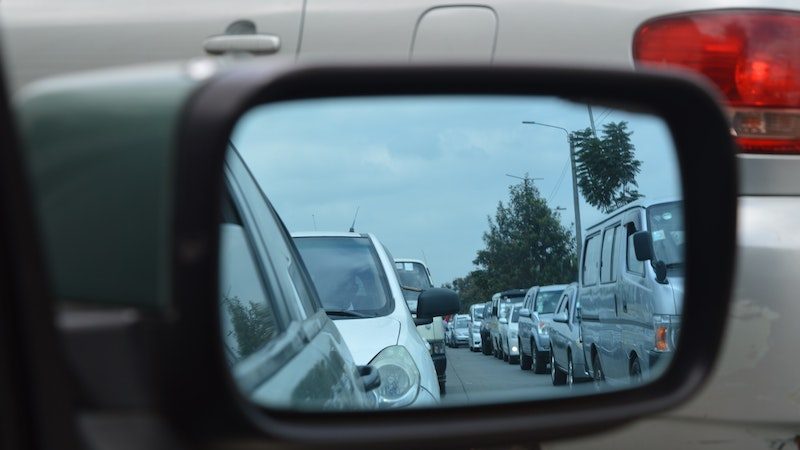People travelling in cars spent an average of 66 hours a year more than they should when using the Birkirkara bypass on a daily basis, a study has found.
The study by Project Aegle; a non-profit initiative aimed at improving quality of life through improved mobility, shows that at peak times, it takes up to 16 minutes to get from one end to the other of the 3km road.
The study, based on real time data collected during January 2017 and October 2017, shows that normally it takes around four minutes to cover the same stretch of road but but this increases significantly to 14 minutes during the morning in January with almost similar delays of 12.5 minutes in the evening. In October, this increases further to 16 minutes during morning rush hour and 15 minutes in the evening.
People that use this road during peak hours every weekday, end up wasting an average of eight minutes in each direction every day, resulting in approximately 66 hours of delay over a 12-month period, not taking into consideration delays that are experienced in weekends. That is almost three full days every year wasted just on the Birkirkara bypass.
Malta is facing a great challenge in the form of traffic congestion and parking problems. These cause economic losses in the hundreds of millions, as well as a range of preventable health problems.
According to former transport minister Joe Mizzi, traffic is already costing the Maltese economy €200 million in GDP a year and this will increase to €1.2 billion by 2050 unless drastic action is taken.
Nicoletta Moss, Project Coordinator of Project Aegle said that this study was carried out to raise awareness of the real time that people are wasting in traffic based on facts and real data, and not just basing it on perceptions.
“Project Aegle was set up to contribute towards a solution for Malta’s traffic congestion problem. We believe that this study is critical in helping us understand the magnitude of the problem of how much time we waste in traffic as this has an effect on our quality of life, and on our economy.”
The study was coordinated by Adrian Muscat from the University of Malta’s Faculty of Information and Communications Technology.
“This is part of an on-going project where we are looking at how ICT systems can help us in understanding mobility, driver behaviour and the effect of policy on the same. Concurrently this project is resulting in some useful tools and since we are engaging students, engineers and researchers in developing algorithms and software systems for the transport sector, we are contributing to a wider local transport engineering talent pool, which we need to mitigate some of our problems,” Muscat said.
The study took place using on-board tracking devices in conjunction with HandsOn Systems. These devices recorded the movement of the vehicles over time travelling on the Birkirkara bypass and enabled the researchers to accurately measure the delays experienced at different times of the day and during different months of the year.
Project Aegle is a foundation set up by many of Malta’s leading thinkers to help lay out the problem and inform the public about the causes for traffic congestion and parking problems its symptoms and possible solutions.
The foundation is actively working on new solutions to improve mobility through the greater utilisation of vehicles, public transport, and an intelligent approach to work and travel. Project Aegle is also a platform where people are encouraged to share their ideas, collaborate, and receive support in implementing solutions to the mobility problem.














